Building a 29-0 lead in the Six Nations Championship used to be something Ireland would only do against Italy.
To hold such a position against the competition’s holders before Wales’s late try last Saturday was an estimable achievement, even allowing for the visitors’ injury crisis – not least because it had taken time for Ireland’s engine to fire up properly.
Coming off the impressive November wins over Japan, New Zealand and Argentina, there was a level of expectation on Ireland and, as a people, we tend to innately believe that such situations only end in abject disaster.
We needn’t have worried, even allowing for a couple of poor place-kicks from Jonathan Sexton early in the first half – his outside-of-the-boot efforts in the second were sublime. It wasn’t a perfect performance by Ireland but it’s a positive of sorts that a slightly sub-optimal display can still yield a result like that one.
Mack Hansen settled in well on his debut, while the return of James Ryan as a second-half substitute was a positive sign for him and can only benefit Ireland in terms of competition for places.
There is little time to bask in the glow of victory as the trip to Paris to face France heaves right into view. Despite the absence of coach Fabien Galthié after he tested positive for COVID-19, the French were 37-10 winners at home to Italy last weekend but they faced a challenging first half and were only 18-10 ahead at half-time.
In truth, little can be read into that game in terms of how Saturday’s game will play out: the cliché about never knowing which France will turn up has a variation for games against Italy in that they’ll always win but the level of true interest isn’t fully apparent.
We can rest assured that they will be fully keyed up against Ireland and it will be a far different test to the one Wales presented in Dublin. There is the potential for an open, flowing classic if both sides adopt an adventurous approach, but I’m sure any of us would take a 6-3 win right now.
The rulebook calls
for the cardbook
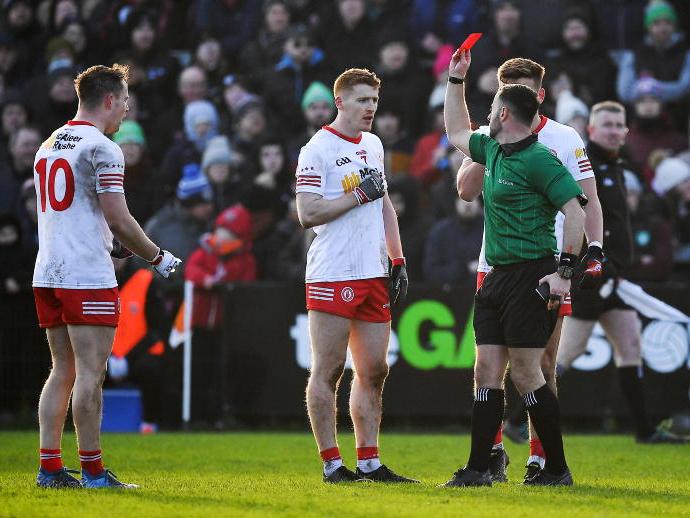
Referee David Gough shows a red card to Peter Harte of Tyrone, centre, while also issuing red cards to Peter Harte and Michael McKernan during the Allianz Football League Division 1 match between Armagh and Tyrone at the Athletic Grounds in Armagh. \ Brendan Moran/Sportsfile
David Gough is one of the top referees in Gaelic football.
It’s why he was chosen to take charge of the drawn All-Ireland final between Dublin and Kerry in 2019 and surely a factor in being given the Armagh-Tyrone game in Division 1 of the Allianz Football League last week.
Nobody was expecting a tea party, but we can be quite sure that Gough didn’t wake up on Sunday morning and ask himself, “How can I make myself the centre of attention today?”
Five red cards meant that Armagh’s 2-14 to Tyrone’s 0-14 wasn’t the takeaway headline from the Athletic Grounds, but the fact that four of the dismissals were to Tyrone players – Peter Harte, Pádraig Hampsey, Kieran McGeary and Michael McKernan – in contrast to just Greg McCabe from Armagh drew further comment.
We’ve become conditioned to expect GAA referees to be like parents in administering justice, confusing even-handedness for fairness – a pair of yellows, or in extreme circumstances reds, is usually how a brawl is adjudicated.
As Colm O’Rourke pointed out on television on Sunday night, contributing to a melee is a red-card offence and Gough’s action was only noteworthy because so few referees obey the rulebook in such scenarios.
Naturally, there were snide comments online about how a member of the 1980s/90s Meath team – no strangers to the dark arts – could say that the right decisions had been made, but such false equivalence ignores the issue at hand.
Players are triggered to rush to an emerging scuffle as a form of solidarity, but it’s faux manliness, almost a set-piece as they engage in a grappling tango designed to show how committed they are while avoiding the throwing of a punch that would guarantee a red card. If more refs did what Gough did, such incidents would more or less be wiped out and we could focus on the actual action.
Having opened with a win against Dublin, Armagh have now beaten the last two counties to have lifted the Sam Maguire. Are they the real deal or simply in better condition than their rivals? It’s too early to say, but if nothing else they are building confidence.
Isn’t there a better use for sports funding in Ireland?
The weather to end January was almost worryingly spring-like, though there’s no sign of any daffodils in my area just yet.
In their absence, we have another occurrence that almost seems like an annual event at this stage – the Football Association of Ireland (FAI) looking to get involved in a scheme to host a major tournament.
What do you do when you realise that a plan to co-host the 2030 World Cup with the UK won’t work? Why, you aim for a tournament that’s two years closer.
I’m going to put my neck on the block and say that I don’t think the summer of 2028 will be characterised by Ireland becoming the soccer centre of the world and that year’s European Championship will be held somewhere that doesn’t need the FAI’s input.
The reaction to Monday’s announcement, which came prior to the publication of the association’s strategic report, was one of widespread criticism from those involved at grassroots level – essentially, the message was that a month’s escapism in six years’ time shouldn’t take priority over the need to improve in practically every area of domestic football.
Certainly, building from the ground up rather than hoping that a top-down approach will somehow generate a buy-in is a better use of what are far-from-plentiful resources in the national association. Long after Euro 2028 is over, the clubs that cater for adults and children all over the country will still be there and they need a sustainable approach as opposed to an all-singing, all-dancing sideshow that detracts from the real issues.
Building a 29-0 lead in the Six Nations Championship used to be something Ireland would only do against Italy.
To hold such a position against the competition’s holders before Wales’s late try last Saturday was an estimable achievement, even allowing for the visitors’ injury crisis – not least because it had taken time for Ireland’s engine to fire up properly.
Coming off the impressive November wins over Japan, New Zealand and Argentina, there was a level of expectation on Ireland and, as a people, we tend to innately believe that such situations only end in abject disaster.
We needn’t have worried, even allowing for a couple of poor place-kicks from Jonathan Sexton early in the first half – his outside-of-the-boot efforts in the second were sublime. It wasn’t a perfect performance by Ireland but it’s a positive of sorts that a slightly sub-optimal display can still yield a result like that one.
Mack Hansen settled in well on his debut, while the return of James Ryan as a second-half substitute was a positive sign for him and can only benefit Ireland in terms of competition for places.
There is little time to bask in the glow of victory as the trip to Paris to face France heaves right into view. Despite the absence of coach Fabien Galthié after he tested positive for COVID-19, the French were 37-10 winners at home to Italy last weekend but they faced a challenging first half and were only 18-10 ahead at half-time.
In truth, little can be read into that game in terms of how Saturday’s game will play out: the cliché about never knowing which France will turn up has a variation for games against Italy in that they’ll always win but the level of true interest isn’t fully apparent.
We can rest assured that they will be fully keyed up against Ireland and it will be a far different test to the one Wales presented in Dublin. There is the potential for an open, flowing classic if both sides adopt an adventurous approach, but I’m sure any of us would take a 6-3 win right now.
The rulebook calls
for the cardbook

Referee David Gough shows a red card to Peter Harte of Tyrone, centre, while also issuing red cards to Peter Harte and Michael McKernan during the Allianz Football League Division 1 match between Armagh and Tyrone at the Athletic Grounds in Armagh. \ Brendan Moran/Sportsfile
David Gough is one of the top referees in Gaelic football.
It’s why he was chosen to take charge of the drawn All-Ireland final between Dublin and Kerry in 2019 and surely a factor in being given the Armagh-Tyrone game in Division 1 of the Allianz Football League last week.
Nobody was expecting a tea party, but we can be quite sure that Gough didn’t wake up on Sunday morning and ask himself, “How can I make myself the centre of attention today?”
Five red cards meant that Armagh’s 2-14 to Tyrone’s 0-14 wasn’t the takeaway headline from the Athletic Grounds, but the fact that four of the dismissals were to Tyrone players – Peter Harte, Pádraig Hampsey, Kieran McGeary and Michael McKernan – in contrast to just Greg McCabe from Armagh drew further comment.
We’ve become conditioned to expect GAA referees to be like parents in administering justice, confusing even-handedness for fairness – a pair of yellows, or in extreme circumstances reds, is usually how a brawl is adjudicated.
As Colm O’Rourke pointed out on television on Sunday night, contributing to a melee is a red-card offence and Gough’s action was only noteworthy because so few referees obey the rulebook in such scenarios.
Naturally, there were snide comments online about how a member of the 1980s/90s Meath team – no strangers to the dark arts – could say that the right decisions had been made, but such false equivalence ignores the issue at hand.
Players are triggered to rush to an emerging scuffle as a form of solidarity, but it’s faux manliness, almost a set-piece as they engage in a grappling tango designed to show how committed they are while avoiding the throwing of a punch that would guarantee a red card. If more refs did what Gough did, such incidents would more or less be wiped out and we could focus on the actual action.
Having opened with a win against Dublin, Armagh have now beaten the last two counties to have lifted the Sam Maguire. Are they the real deal or simply in better condition than their rivals? It’s too early to say, but if nothing else they are building confidence.
Isn’t there a better use for sports funding in Ireland?
The weather to end January was almost worryingly spring-like, though there’s no sign of any daffodils in my area just yet.
In their absence, we have another occurrence that almost seems like an annual event at this stage – the Football Association of Ireland (FAI) looking to get involved in a scheme to host a major tournament.
What do you do when you realise that a plan to co-host the 2030 World Cup with the UK won’t work? Why, you aim for a tournament that’s two years closer.
I’m going to put my neck on the block and say that I don’t think the summer of 2028 will be characterised by Ireland becoming the soccer centre of the world and that year’s European Championship will be held somewhere that doesn’t need the FAI’s input.
The reaction to Monday’s announcement, which came prior to the publication of the association’s strategic report, was one of widespread criticism from those involved at grassroots level – essentially, the message was that a month’s escapism in six years’ time shouldn’t take priority over the need to improve in practically every area of domestic football.
Certainly, building from the ground up rather than hoping that a top-down approach will somehow generate a buy-in is a better use of what are far-from-plentiful resources in the national association. Long after Euro 2028 is over, the clubs that cater for adults and children all over the country will still be there and they need a sustainable approach as opposed to an all-singing, all-dancing sideshow that detracts from the real issues.




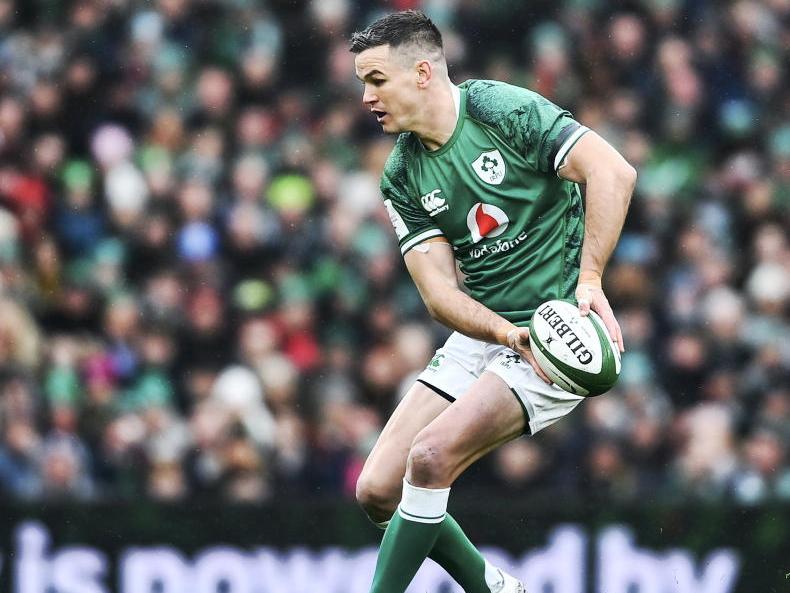

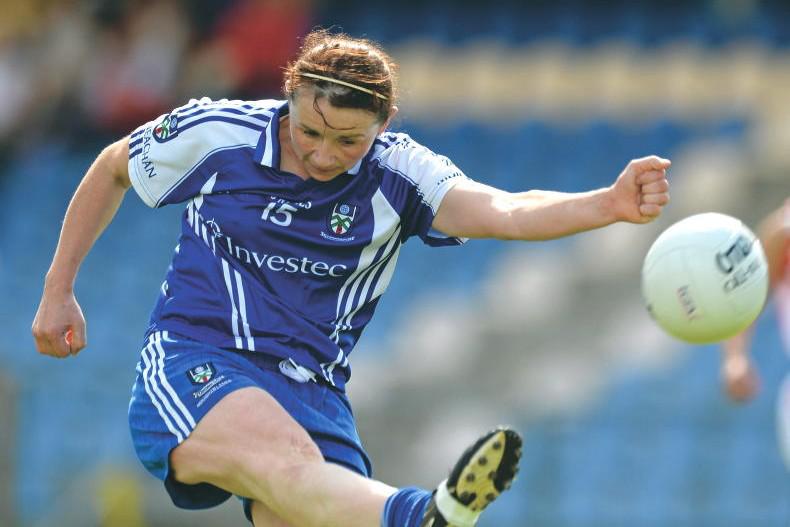
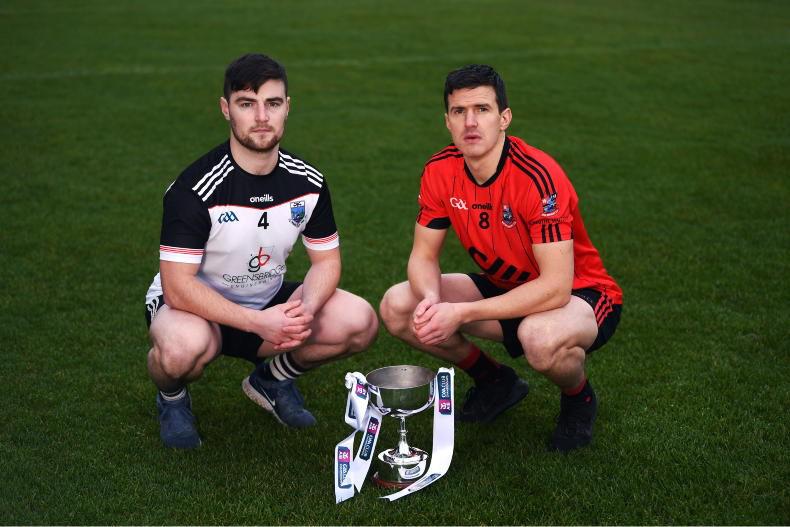
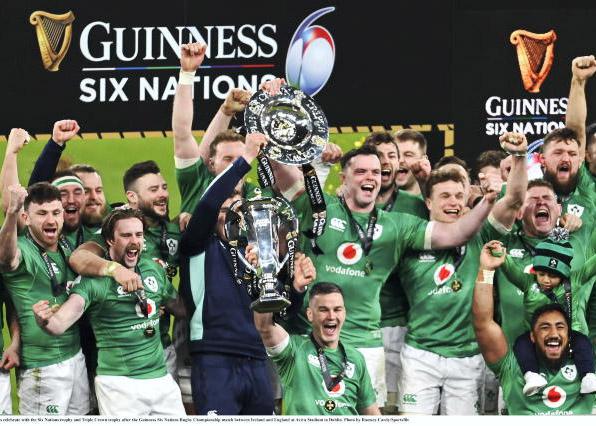
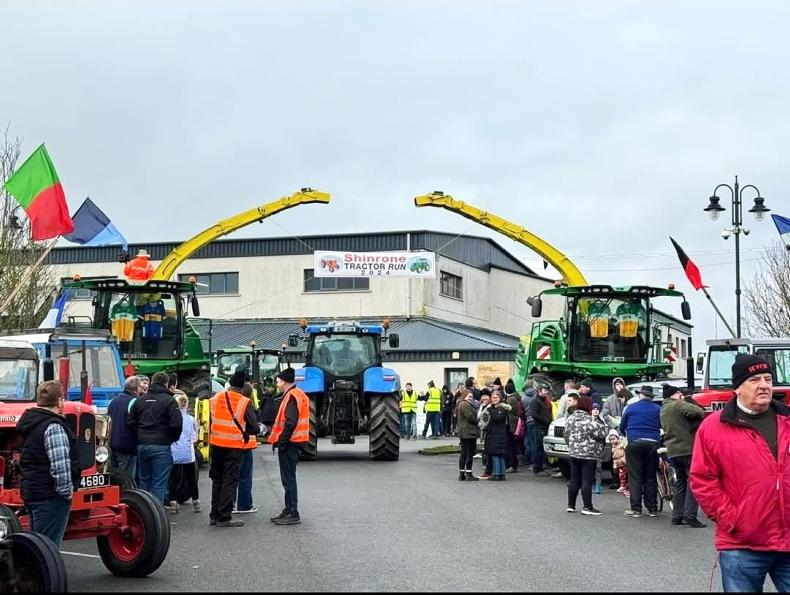
SHARING OPTIONS